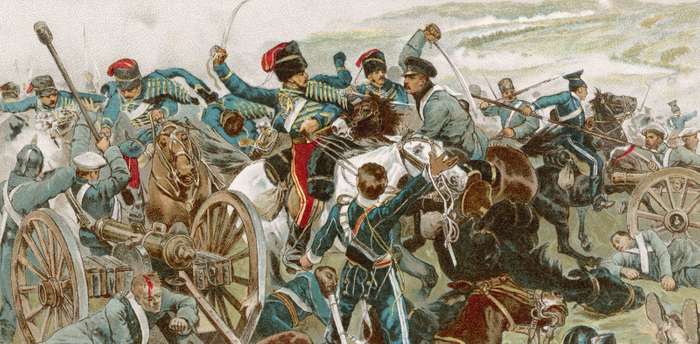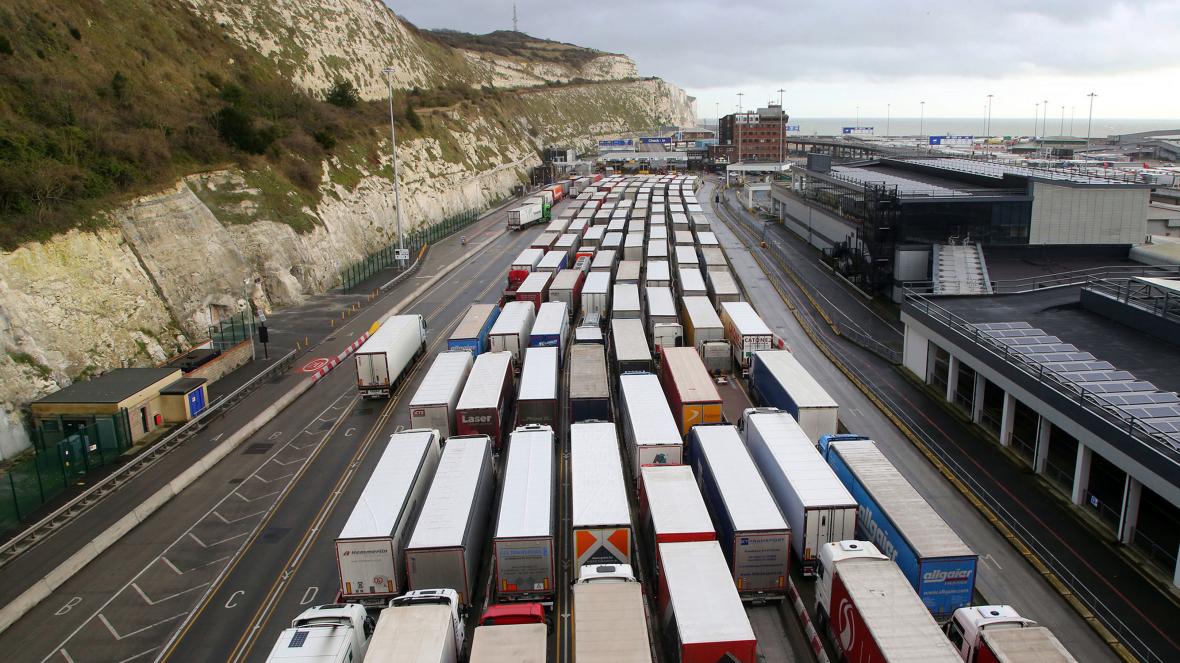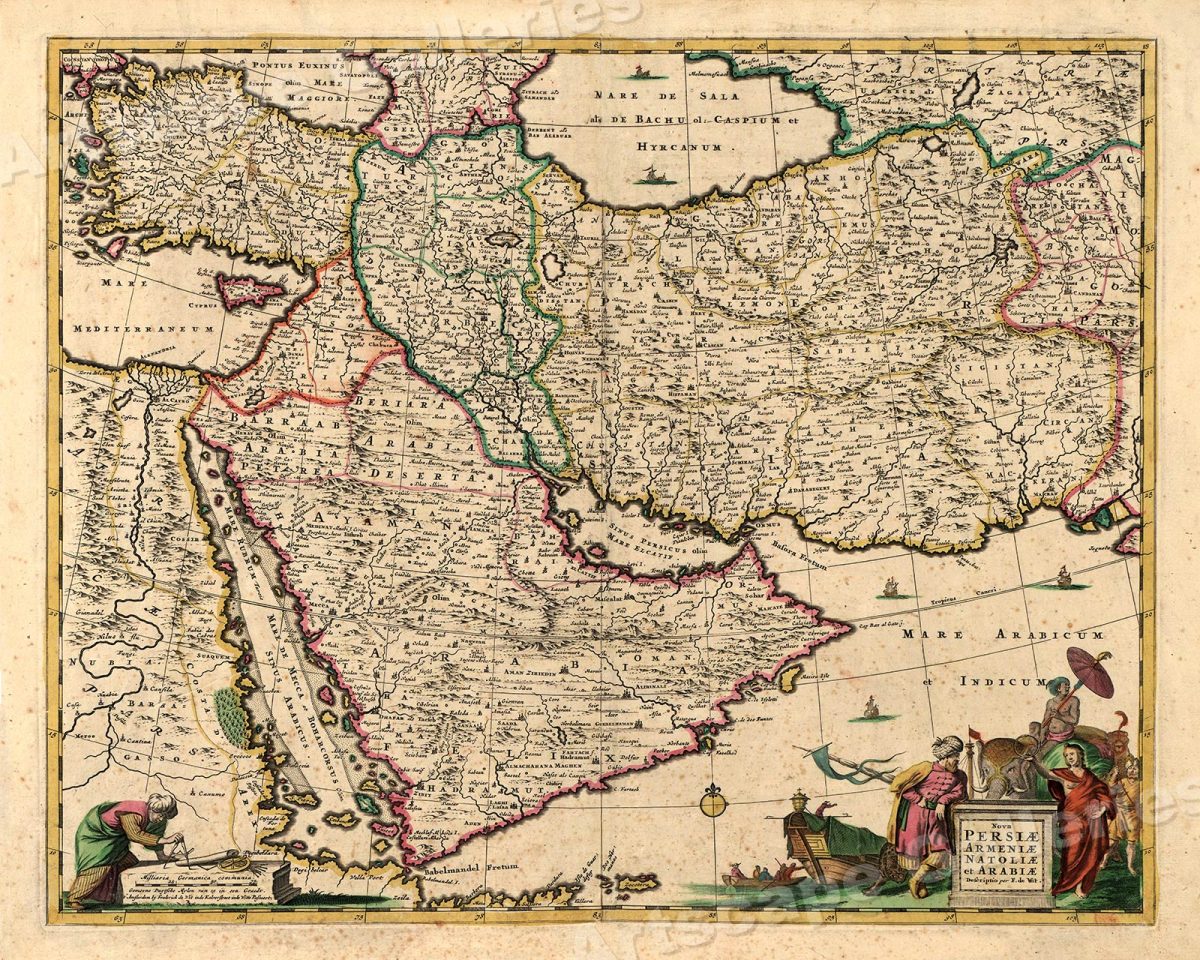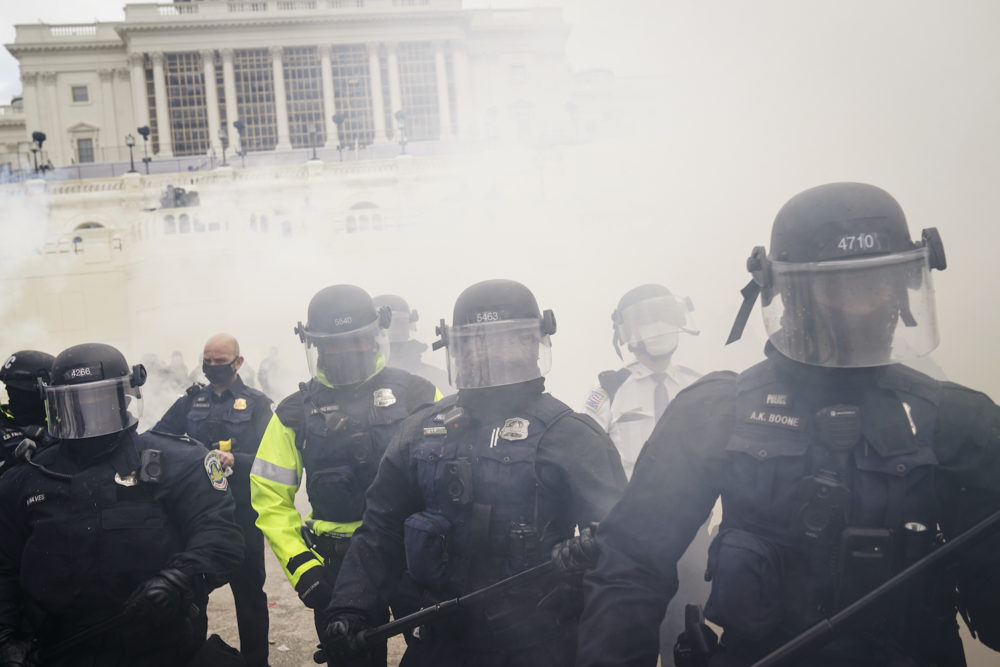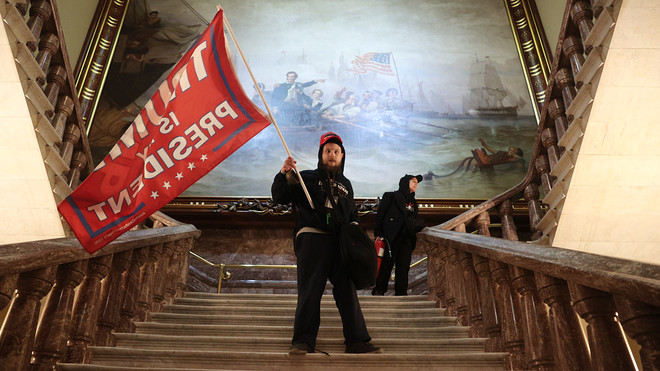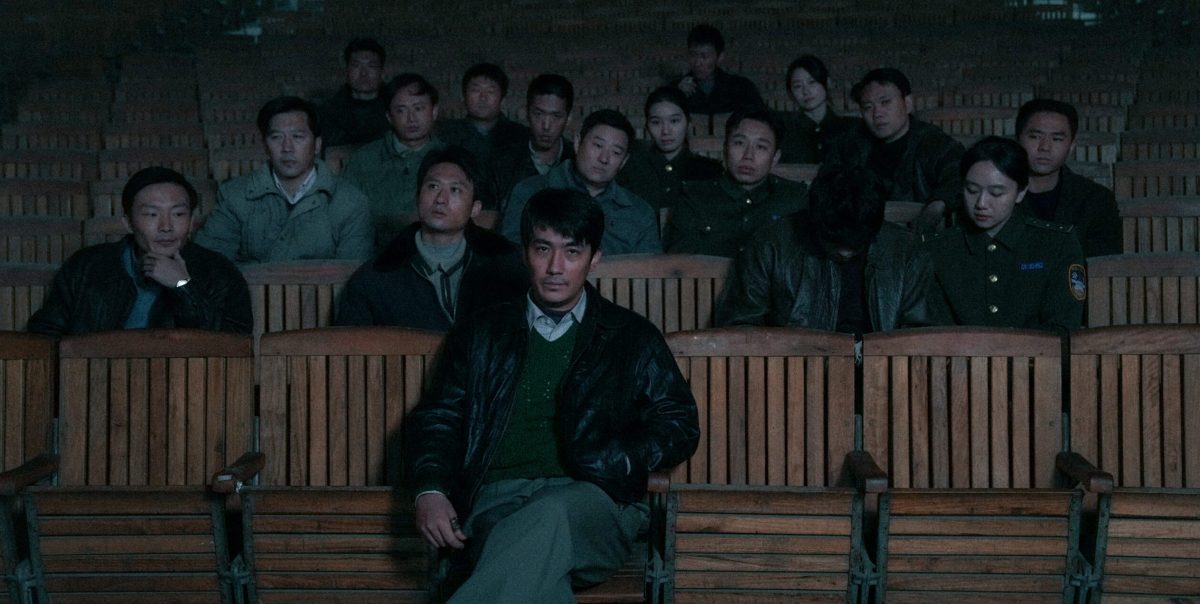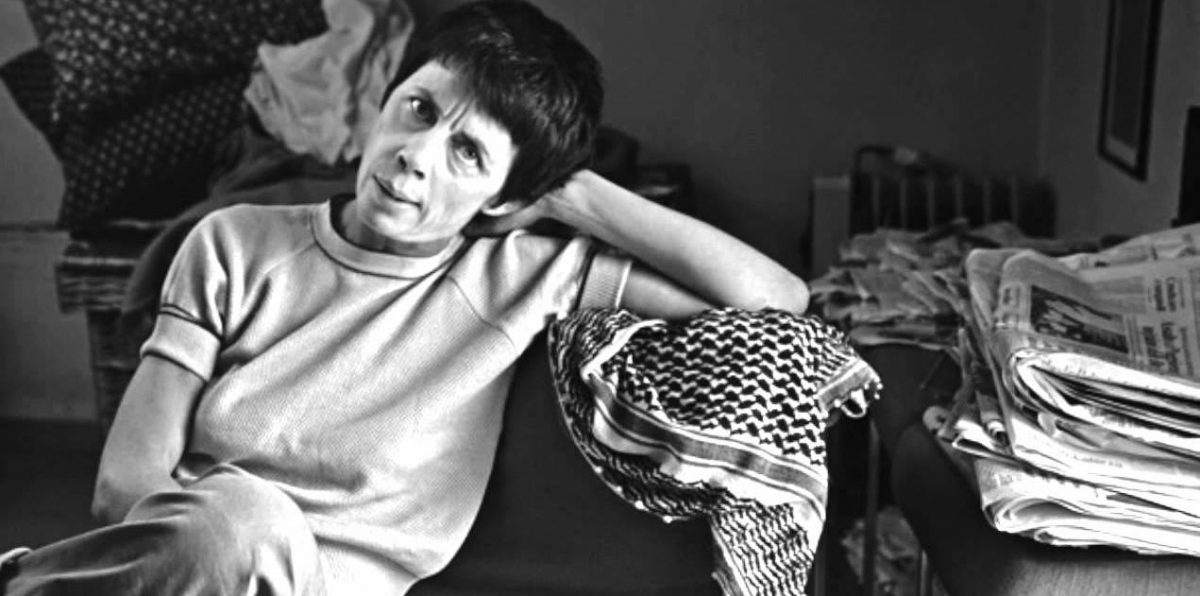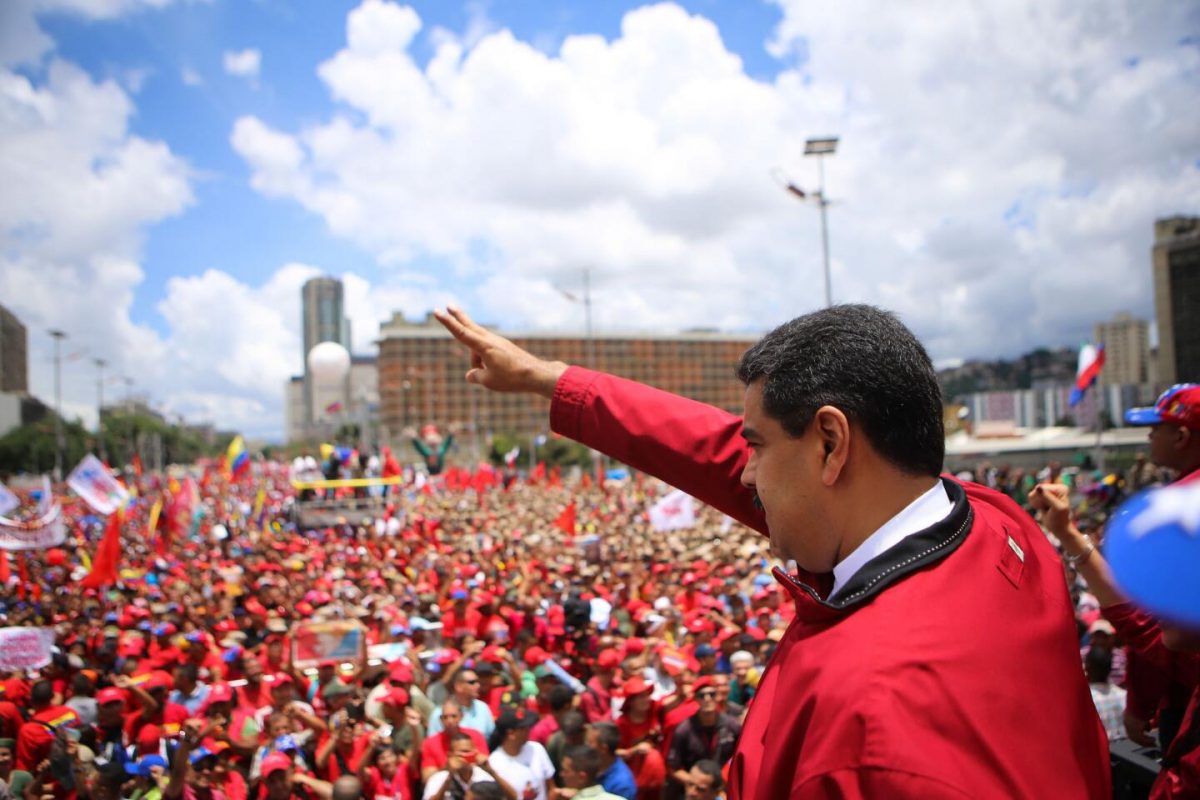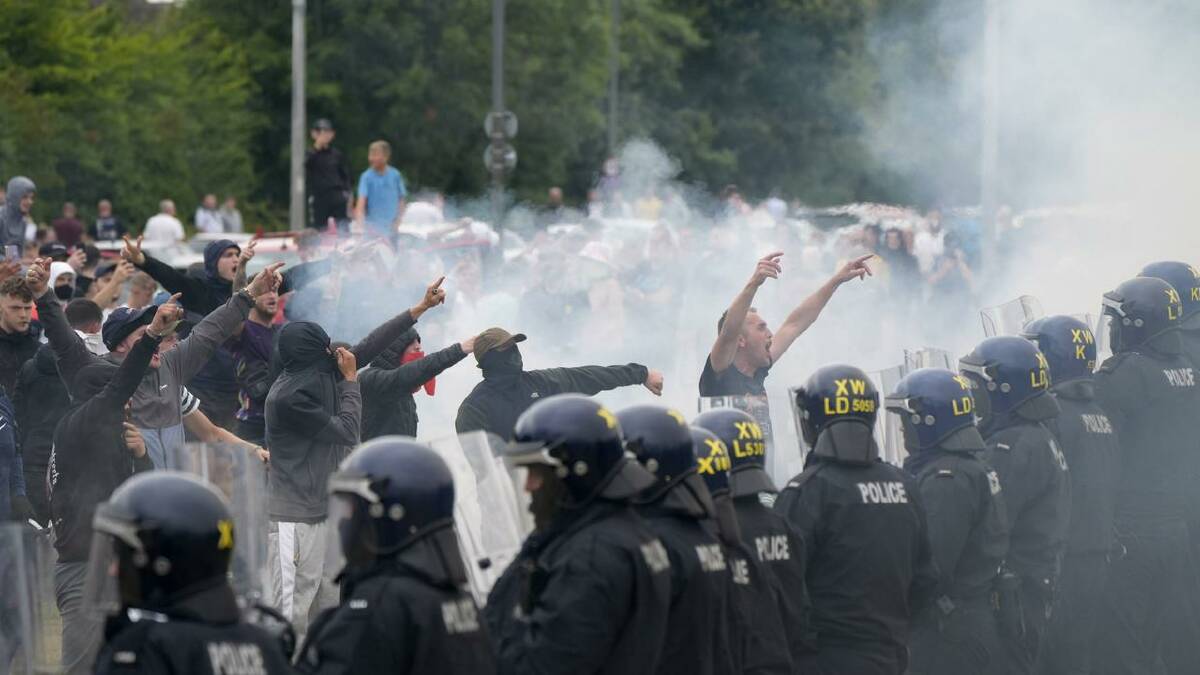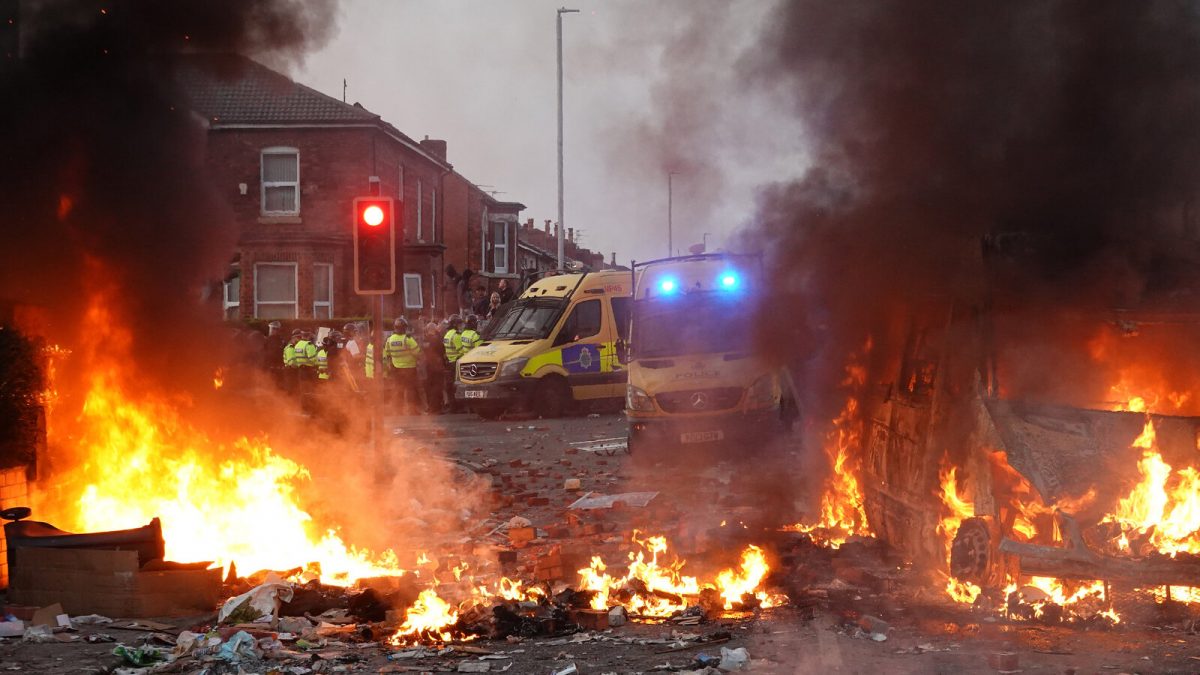Is there a ‘Seventh Generation’ of Chinese film-makers? It has not materialised in any formal sense, and the term is not in use. As a mode of classification, the idea of succession, one cohort following another – with no gaps in between – encompasses more than a century of cinema. But its ubiquity, at least among Western festival organisers and cinephiles, goes back forty years, to the emergence of the directors who were identified as the Fifth Generation though were, more significantly for descriptive purposes, the first to appear since the end of the Cultural Revolution and, with it, the reopening of the Beijing Film Academy. The graduating class of 1982 announced itself almost immediately, with Tian Zhuangzhuang’s September, Zhang Junzhao’s One and Eight, and – above all – Chen Kaige’s Yellow Earth, about a soldier’s relationship with a teenage girl set on Loess Plateau in Shanxi Province and shot by Zhang Yimou, who emerged as a director with the Mo Yan adaptation Red Sorghum (1988), which won the Golden Bear at Berlin. During the next five years, Zhang received a Silver Lion at Venice for Raise the Red Lantern, then a Golden Lion for The Story of Qiu Ju, while Chen shared the Palme d’Or – with Campion’s The Piano – for Farewell, My Concubine.
These films, a rejection of the socialist-realist habits that had dominated earlier practice, were dramatic and pictorial, not dialogue-driven, and usually historical and rural in setting, literary in source. What came next, reflecting differences of social attitude as well as aesthetic inclination, was altogether harder-bitten, more self-conscious and self-consciously abrasive, carnal, lo-fi, ad hoc. Films like Wang Xiaoshuai’s The Days, Zhang Yuan’s Beijing Bastards, Lou Ye’s Weekend Lover, and Guan Hu’s Dirty, set in the capital in the modern day or recent past, and typically concerned with members of the post-Tiananmen generation working as artists, musicians, or petty criminals, began to appear less than a decade after the first films of the Fifth Generation, and coincided with the height of its international renown. (Chen and Zhang even won BAFTAs.)
The relationship was initially one of gratitude. Wang has pointed to the ‘huge impact’ of Yellow Earth, which came out just before he entered the Beijing Film Academy; Jia Zhangke, who emerged slightly later but soon became the Sixth Generation’s leading figure, said that it was seeing Chen’s film as a 21-year-old art student, at the social club of the Department of Roads and Highway in Taiyun, in the Shaanxi Province, that inspired him to apply. (He was initially rejected twice.) He was a product of ‘yellow earth’ country, and he felt that the film, though set in the 1930s, was consistent at least in spirit with realistic portraiture of contemporary social problems, the approach he would adopt in his hour-long short Xiao Shan Going Home (1995), a sort of migrant-worker Waiting for Godot, and his early features Pickpocket (1997) and Unknown Pleasures (2000). In order to tell the story of modern China – and to preserve what was being eroded at such speed – the Sixth Generation drew on the early work of their predecessors and on kindred aesthetic movements like neorealism and the French New Wave, but perhaps especially on the example of the Guangdong-born, Taiwan-raised director Hou Hsiao-Hsien, work first introduced to the BFA students by the British Asian cinema scholar Tony Rayns. (Hou later donated a set of prints to the school.)
Hou’s trajectory goes some way to complicating the Mainland narrative of successive and seesawing philosophies. If his work displayed overlap with Fifth and Sixth Generation habits, it failed to do so chronologically. Though his early period films, notably A Time to Live, A Time to Die (1985) and A City of Sadness (1989), could be seen as similar in theme and scope to what Chen and Zhang were making at the same time, Hou was all along engaged with stories about young people in the present day, the Sixth Generation reflex. For Jia, a largely unheralded Hou film like The Boys from Fengkui, made as early as 1983, could serve as a great liberator, his other Yellow Earth, when he saw it at the BFA, even though, looking back at Hou’s work – he announced his retirement last year – the more ragged and looser-gaited tale of ‘urban youth’, Goodbye South, Goodbye (1996), stands out as his honorary contribution to Sixth Generation aesthetics. (Wang included A City of Sadness on his list of the ten greatest films, with the citation: ‘The light of Chinese cinema, directly facing the unbearable history’; Jia, on leaving BFA, sought out Hou’s producer Shôzô Ichiyama as a collaborator, and later wrote the introduction to Boiling the Sea, the 2014 book of interviews Hou did with the American scholar Michael Berry.)
It was as the Sixth Generation began to gain prominence, and by a similar route – though without the BAFTAs – that their predecessors turned their attention to preserving and burnishing what Chen himself called ‘legend’, essentially highlights of Chinese history, initially the medieval martial-arts tradition known as wuxia. Wang lamented that the Fifth Generation no longer presented ‘real human beings and true feelings’. In this context, in which fantasy and artifice of various kinds began to dominate, a redoubled devotion to realism and to representing dangxia xing (here and now), emerged as the dissident manoeuvre. Jia dismissed Chen’s later films as ‘childish fairy tales’, pointedly noting that he no longer suffered issues with the censor. In 2003, he lamented that Chen and Zhang had reneged on ‘the values they used to represent… I’m quite disappointed to see that Yellow Earth and The Story of Qiu Ju have been consigned to the dustbin so quickly.’ And in late 2006, Jia moved the release date of his latest film, Still Life, to coincide with Zhang’s latest wuxia epic Curse of the Golden Flower – at nearly $50m, the biggest-budgeted Chinese film, a record previously held by Chen’s The Promise, which had in turn superseded Zhang’s Hero – to emphasise, as he put it, how few cared for the inhabitants of the region affected by the Three Gorges hydroelectric dam in an age that worships gold. (Jia had by this point abandoned realism as a mode – Still Life, for example, contains elements of fantasy – but retained his interest in what might be considered realist subject matter.)
There are a handful of potential factors behind the reluctance to anoint a successor gang to Jia and co., a new class. Younger directors have not arrived en masse, with a succession of similar or similarly notable debuts. The Beijing Film Academy has lost its prestige, and role as mass incubator of new talent. And the Sixth Generation – or the prominence of its original members – has had a long tail. This is partly a product of cultural lethargy. Jia, more than a quarter century after Pickpocket, remains in international eyes the boy wonder of Chinese cinema. Guan Hu made his Cannes debut this year, with Black Dog, which won Un Certain Regard prize. (It comes out in the UK next week.) On the other hand, since the commercialisation of the Chinese film industry in the early years of the century, driven partly by the need to compete with imported products, it has ceased to be a director’s cinema even to the degree that it was. The film that Guan Hu made before Black Dog, The Five Hundred, a war film shot on IMAX cameras, was the second-highest grossing film at the global box office in 2020. (Hu has been unusual in his consistent willingness to cooperate with the film bureau, even paying to receive official sanction for Dirty.)
But while there has been no talk of a Seventh Generation, the culture of descent – of Chinese cinema as a site of baton-passing – has remained strong. Among directors born in the late 1980s and early 1990s, many have shown their work at the Pingyao Crouching Tiger Hidden Dragon International Film Festival, which Jia founded in 2017, or allied themselves with a Sixth Generation figure. The late Hu Bo worked with Wang on An Elephant Sitting Still. Na Jiazuo made Streetwise in 2021 with the help of Guan Hu. Jia executive-produced Yuan Yuan’s Tomorrow Will Be Fine. Though certain members of the Sixth Generation have started to trade in fairy tales – or at least commercial frivolity – of their own kind, industrial conditions are not strong enough to support a movement born from the resulting disillusionment or contempt.
For now, the closest to an heir to this story of inheritance and rebellion, a frontrunner for the status of Jia’s dauphin, appears to be the thirty-three-year-old Wei Shujun, whose four films to date – a short and a trio of features – have all appeared at Cannes. Wei, who was born in Beijing, is eager to offer the pleasures of what might be broadly considered the Fifth and Sixth Generation approaches without subscribing wholesale to either. He has revealed that he fell out with his tutor on his directing Master’s, a BFA contemporary of Chen and Zhang, because he was constantly being urged to ‘adhere more to standards’ or ‘conform more to common practices’. He has also asserted – without naming names – that too many new directors ‘are just repeating the language of the Sixth Generation’.
If Wei’s work eludes the narrow debate about what constitutes the best – most responsible or rewarding – way to depict Chinese society, it draws on many of the sensibilities and techniques at stake. He is that by now familiar but not yet tiresome figure, the millennial magpie, and his new film, Only the River Flows, winner of Best Film at Pingyao and a hit on its release in China last year (it’s currently showing in the UK), is a mystery and a critique of the mystery form, by turns elegant, gritty, ethereal, sensual, playful, grounded in logistics and practicalities but also beholden – too beholden, it turns out – to the elusive and intangible. It begins in December 1995, and takes place in a small town. A murder has been committed in a nearby river-side community. The police chief (Tianlai Hou) has given his squad a vast new headquarters in a disused cinema and urges the lead detective, the Yunnan-born Ma Zhe (Zhu Yilong) to wrap things up ‘quickly’. It emerges that the first victim, known locally as Granny No. 4, adopted a ‘madman’ (Kang Chunlei) who is currently hard to track down, and therefore seems the likely culprit.
Like many films of the Fifth Generation, the film is a loose adaptation, in this case of a novella by Yua Hu, the author of the saga To Live, which Zhang filmed – with mixed results – in 1994. And there’s a lushness, a pleasure in colour and composition, that recalls Zhang and Chen in their pomp. Surfaces – leather jackets, cars, the river – shimmer and glow. Wei, working with the cinematographer Chengma, shot – in sequence order – on 16mm in the Zhejiang and Jiangxi Provinces, though the film stock had to be scanned and printed in Taiwan. (Even when Wang was making The Days thirty years earlier, he was forced to travel the one-hundred-and-fifty kilometres to Baoding where the only manufacturer was based.)
The period setting renders the film to some degree a social portrait. Wei decided to set the story in the mid-1990s – the source was published in 1988 – for roughly the same reasons that the Sixth Generation felt the urge to chronicle it first time around. Jia has ascribed his near-exclusive engagement with the new China not only to his disillusionment with Chen and Zhang but to his feeling of surprise, when returning to the Shaanxi Province, at the sudden availability of motorcycles and televisions and washing machines. Only the River Flows portrays a slightly earlier moment – or the same process at an earlier stage – serving up a landscape of boxy desktops, indoor smoking, cassette tapes, biros. During a recent conversation, Wei told me that he wanted – and perhaps, for practical reasons, needed – to evoke a period just before technology brought changes to forensic science, and ways of living and working. He explained that he was eager to get the tangible details right – the locations, textures, music – but also ‘the whole atmosphere. At that time people tended to congregate more. Nowadays we are islands. Each of us is an island. That was the main difference I wanted to recreate.’
Although the one-child policy looms and the presence of a disused cinema cannot help but allude to the state of the Chinese film industry – audience attendance was at an all-time low – Wei only flirts with the sort of historical analysis so pervasive at the time the story takes place. For the most part, the noir-ish plot and landscape are exploited for broader allegorical resonances. The epigraph is from Camus. The soundtrack borrows music by Howard Shore from Cronenberg’s unsettling adaptation of J G Ballard’s Crash. Wei seems to be drawing from less realist, more oneiric, predecessors – the Taiwanese director Tsai Ming-Liang, whose ghost story Goodbye, Dragon Inn takes place in a cinema on the night of its closing, possibly Bong Jon-Hoo (Memories of Murder) and Kiyoshi Kurosawa (Cure).
In our conversation, Wei told me that he is also greatly indebted to Hou, a director resistant, he said, to established narrative formulas. Wei’s debut, Striding into the Wind (2020), about a sound recordist working on a student film project in the grasslands of Inner Mongolia, recalls Goodbye South, Goodbye as it tracks its slightly feckless characters driving around, pursuing schemes that turn into scrapes. (Wei, before turning to directing, majored in sound recording at the Communication University in Beijing.) Like Good Men, Good Women, his superb follow-up, Ripples of Life (2022), follows the making of a film, is divided into three parts, largely concerns the lead actress, and ends, as A City of Sadness almost does, with the taking of a group photograph. Wei’s tendencies in the new film recall Hou’s own record as a director of off-kilter thrillers – not just Goodbye South, Goodbye but also Millennium Mambo – and his emphasis in Good Men, Good Women and The Puppetmaster on how stories get told and what may be lost in the telling.
Only the River Flows is aggressively thematic, insistently self-reflexive. The film opens with a sequence in which a boy carrying a toy gun chases his friends around an upper floor of a derelict building until he reaches a door which opens onto nothing. It has no relation to the story, and the boy is never seen again. (Ma Zhe is nearby on the ground, just about visible in a crane shot.) The river, the site of the killings, has a more symbolic function than in, say, a Sixth Generation thriller like Lou Ye’s Suzhou River, where it separates Shanghai from suburban Hong-Ku. (All his titles deploy spatial metaphors.) Only the River Flows doesn’t concern the making of a film, but as well as using a cinema as a central location, it is occupied by what is revealed or obscured by images and sounds, and contains details and lines of dialogue that allude to where people are within a story. There’s an emphasis on trajectories, on processes unfolding over time – in the pregnancy of Ma Zhe’s wife, and in the jigsaw puzzle at which she has been hard at work.
The final section of Ripples of Life, entitled ‘A Pluto moment’, takes the form of a thirty-five-minute debate between the director and the screenwriter (played by Wei’s co-writer Shunlei Kang). It turns on a clash of fundamental priorities, very roughly akin to the Sixth Generation’s polemic against the Fifth Generation. What vision of reality should their film promote? Their script concerns the awakening of a small-town girl’s consciousness. The writer views it as Chekhovian, but the director believes that even a portrayal of unrequited love ‘needs a bit of action’. The writer worries about being ‘cheesy’. The director reckons that the writer is just being ‘lazy’, and complains about the script’s seventy-two instances of silence. One of the writer’s potential solutions is, as he puts it, to take out ‘all of my concepts’.
A similar back-and-forth takes place – albeit in serial form – in the new film, with the unfolding case instead of a work-in-progress. The turning point arrives halfway through, following the arrest of the ‘madman’. ‘Why haven’t you wrapped up your report yet?’ Ma Zhe’s superior (Hou Tinlai) asks him. When he replies that he still needs to ‘sort things out’, he’s informed that the whole thing is ‘crystal clear’. As if to cap this assertion, the senior officer proposes a group photo with Ma Zhe and his colleague. But just as it is being taken, a box full of ping-pong balls is knocked to the floor. In a later instalment of this procedural-philosophical debate, it becomes clear that Ma Zhe’s position extends to a resistance to the explanatory force of the visual and audible field. He is keen to show fidelity to what lies beneath ‘evidences’, to reject ‘deductive reasoning’ as a route to understanding.
Wei doesn’t quite succeed in finding a structure and scenario for this mode of questing. The grounds for Ma Zhe’s discomfort are never plainly established. Wei’s work to date has been notably concerned with choosing one of two clearly defined alternatives – the allegiance to China or South Korea in On the Border, structure or flow in Ripples of Life. (His next film, Mostly Funny, which features Jia in a small role, portrays two brothers with divergent approaches to caring for their elderly mother.) The problem with establishing binary choices is that even taking the more nuanced route imposes a sense of resolution. Ripples of Life avoided this danger by ending the debate between the writer and the director in mid-flow, with the sudden revelation of the death of Diego Maradona, raising the question of whether an event of that nature belongs to the category of action or life-as-it-really-is.
Only the River Flows plumps more solidly for openness and chaos, the rejection of sense, or legibility. The story ends with a number of clinching gestures – a salute, a ceremony, a handshake – before a coda, set one year later, introduces a dissentient note. The classic instance of this sort of juxtaposition, between case-closed and a murkier, possibly infinite reality, comes at the end of Psycho when Hitchcock cuts from the psychiatrist’s pat account of deviant mother-love to a close-up of Norman’s near-grin and the contention, on voiceover, that he wouldn’t hurt a fly. The effect achieved here is not dissimilar, at least in the clarity of its intended meaning, and also has recourse to the reliably eerie power – in a hitherto fourth-wall-respecting context – of a gaze-cum-glare directed at the camera’s lens.
Wei has given himself the additional task – familiar to Hitchcock on other occasions – of needing to resolve by narrative means a central dilemma in aesthetics and epistemology. He is hardly the first director to overrate the conceptual possibilities of the mystery form, to mistake a refusal to deliver on expectations – almost to shirk his basic obligations under genre-cinema trading laws – for an act of tribute to the wonders of phenomenal reality. This implicit position is the corner into which Antonioni painted himself in Blow-Up, and was pretty much the starting-point for Resnais’s Last Year at Marienbad (though you might say that a starting-point is the best place to have it). If Only the River Flows is not ruined by its faith in the non-ending ending, it’s because by that point Wei has already set a contrary formal example, based in his virtuoso’s greed, the positive embrace of possibilities, a statement of intent that, in its implicit recognition of higher stakes and longer-term struggles, recalls the silly but none the less rousing toast raised by the director near the start of Ripples of Life: ‘It’s a long road ahead. We are in it together. To Chinese cinema!’
Read on: Zhang Xudong, ‘Poetics of Vanishing’, NLR 63.

